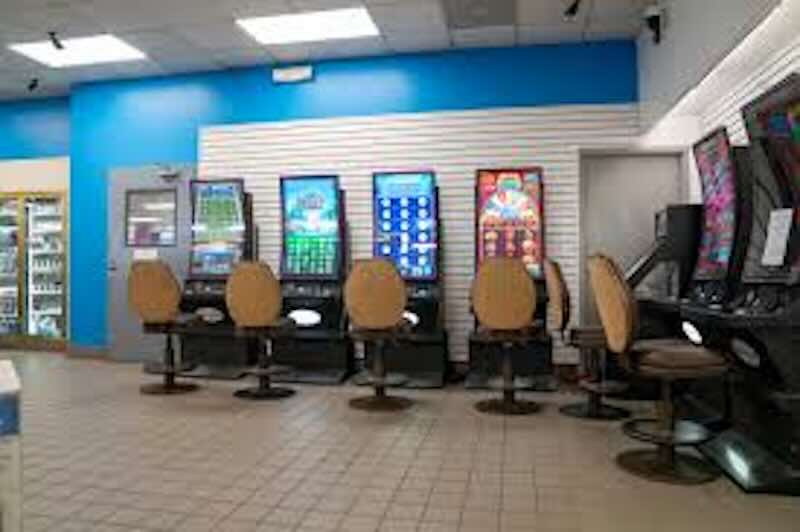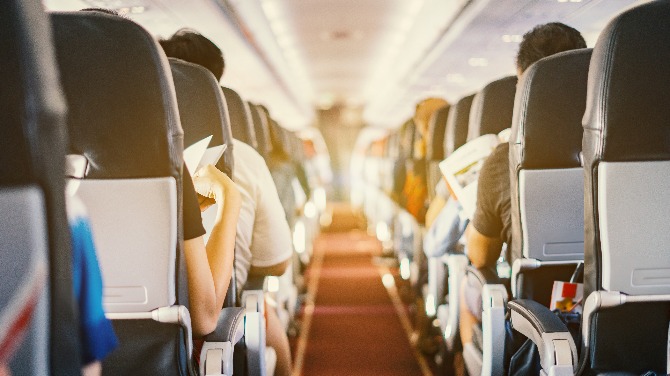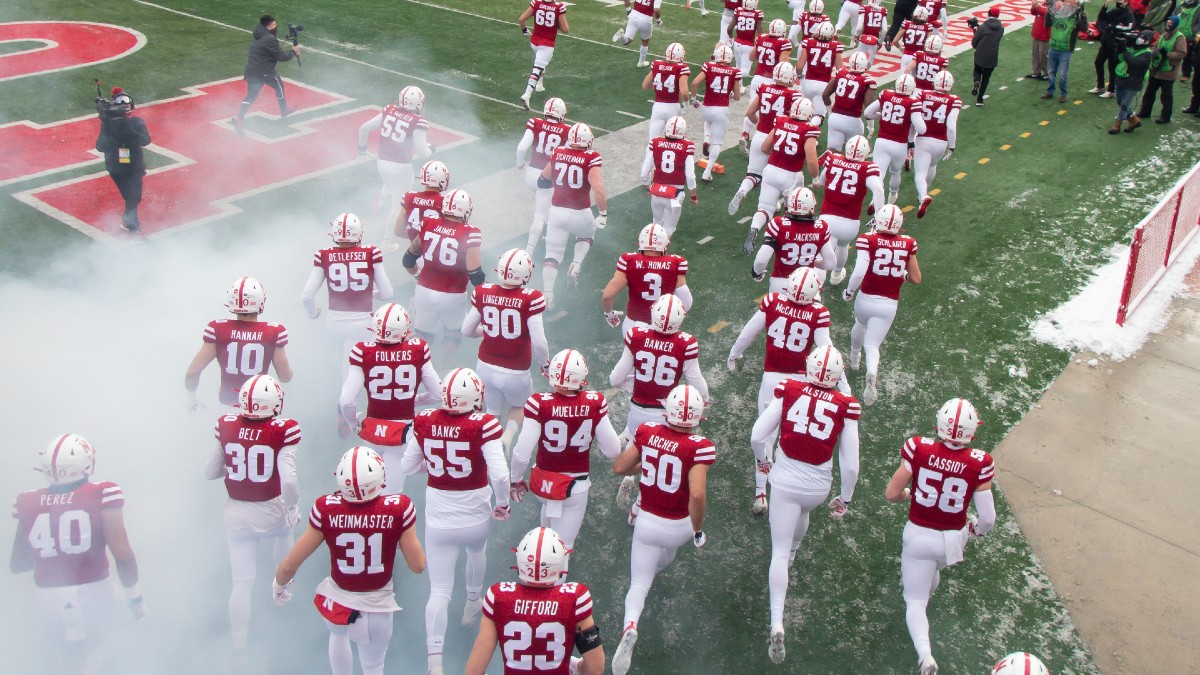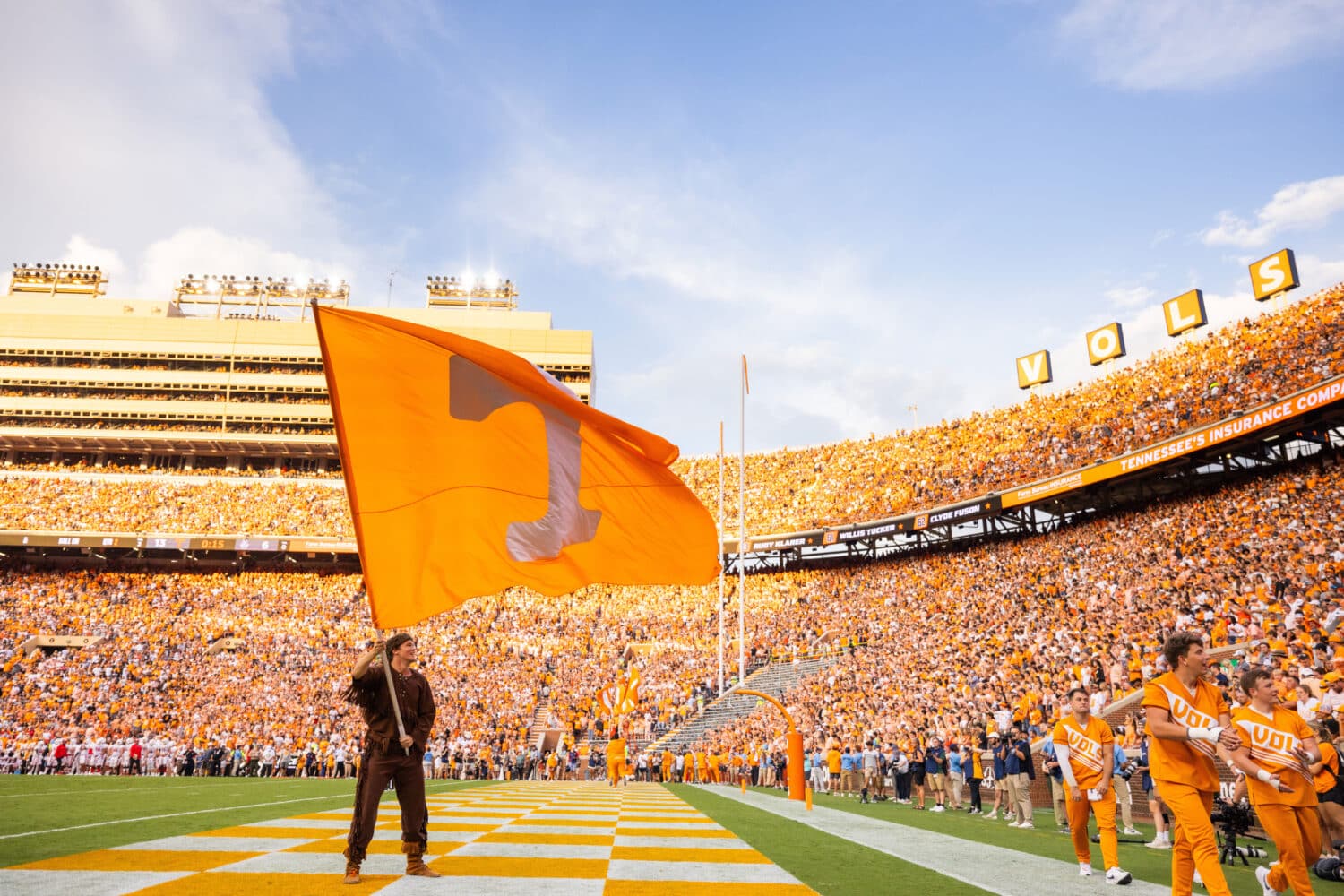
New Connecticut bill could legalize in-flight sports betting

Key Points
- The new bill will allow players on inbound and outbound flights to place sports wagers
- Part of the revenue generated would go to support local public education
Connecticut lawmakers will consider a bill that would legalize in-flight sports wagering. HB 6051 would authorize and provide regulation for players to place sports bets while traveling by air.
State Representative Christopher Rosario pitched the bill to lawmakers this week during its regular legislative session.
HB 6051 seeks to allow in-flight sports wagering on flights “originating or terminating” in Connecticut. The amendment would also call for regulations to make sure betting activity on these flights would comply with the state’s established sports wagering laws, as well as with existing agreement that the state has with the Connecticut Lottery Corporation, the Mashantucket Pequot Tribe and the Mohegan Tribe of Indians.
The bill would also require 8% of the revenue generated from in-flight betting to go toward “supporting public education in the state’s rural and urban school districts.”
In related news, Senator Richard Blumenthal sent a letter to DraftKings CEO Jason Robins and Delta CEO Ed Bastian.
The Connecticut senator has asked the duo to “pause implementation of a recently announced partnership to offer in-flight gaming to passengers.”
Blumenthal wrote, “This new partnership advances the proliferation of sports betting, further fueling a crisis of problem gambling.
“Betting companies have leveraged data collected on consumers to entice them through bonuses and promotions to hook them on this addictive product – resulting in a public health crisis that is producing huge costs in addiction, financial ruin, family disruption and much more.”
He also addressed concerns over how allowing sports betting on flights could possibly impact younger passengers.
He said in closing, “Problem gambling is particularly rampant among young people. Given that a significant number of minors fly each year, I am especially concerned that this partnership could be advertised or available to children, enticing them to engage in betting.
“Delta Air Line’s family seating policy does not guarantee adjacent seats for children under thirteen and their accompanying adult, which only exacerbates these concerns.”
Tags/Keywords
Players trust our reporting due to our commitment to unbiased and professional evaluations of the iGaming sector. We track hundreds of platforms and industry updates daily to ensure our news feed and leaderboards reflect the most recent market shifts. With nearly two decades of experience within iGaming, our team provides a wealth of expert knowledge. This long-standing expertise enables us to deliver thorough, reliable news and guidance to our readers.







